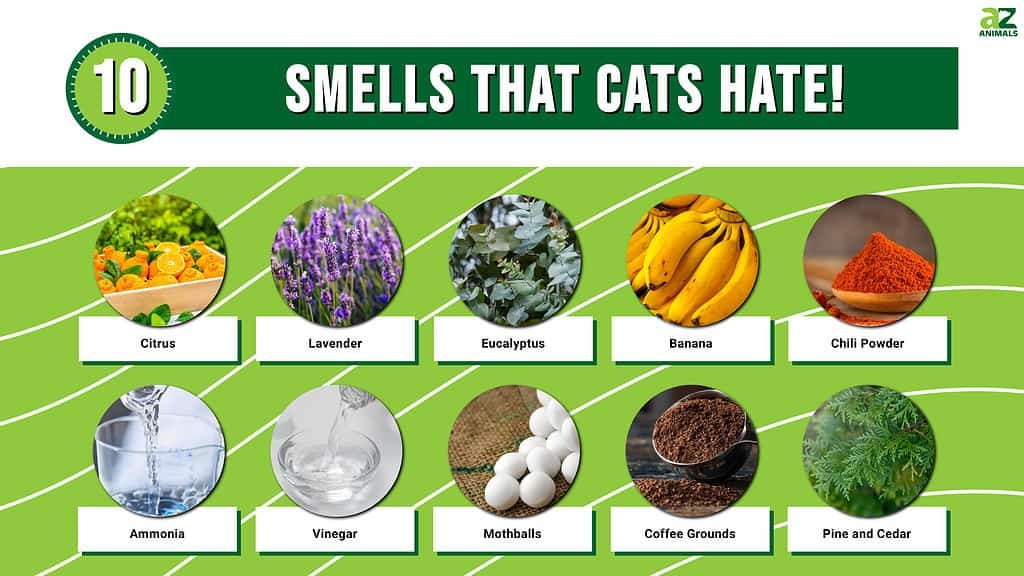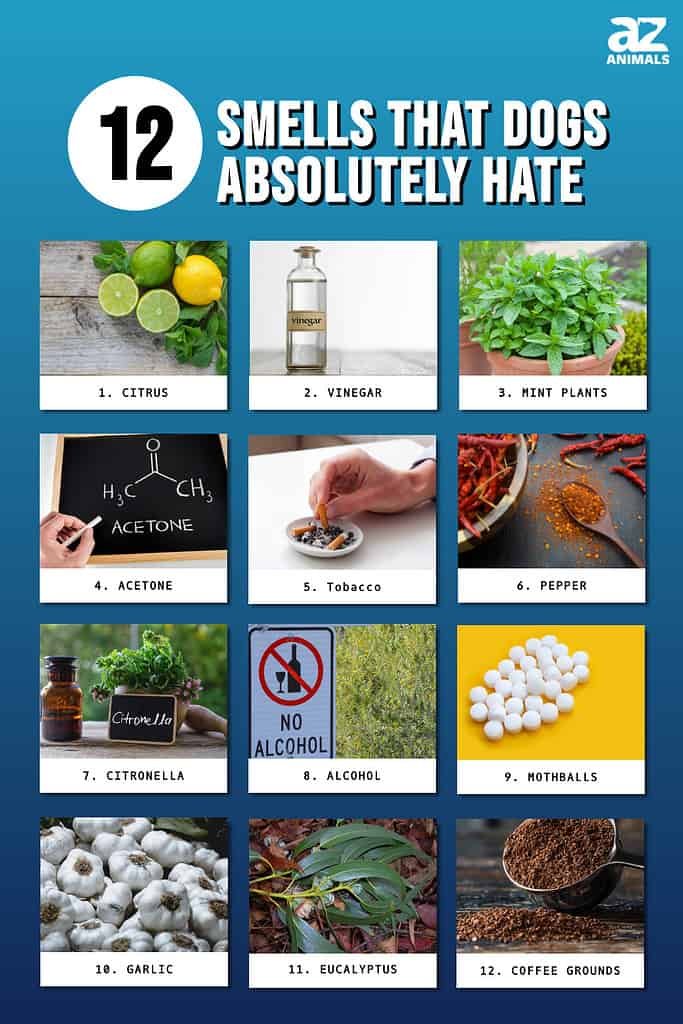Have you ever wondered what smell is universally disliked by animals? Whether it’s a foul stench or an overpowering aroma, certain scents can elicit an extreme aversion in the animal kingdom. From domestic pets to wild creatures, there is one smell that seems to be universally despised. In this article, we will explore the scent that repels and irritates a wide range of animals, offering insights into the fascinating world of olfactory preferences in the animal kingdom.
What Smell Do Most Animals Hate?


Overview of animal olfaction
Animals rely heavily on their sense of smell, or olfaction, to navigate their surroundings and interact with the world around them. Olfaction plays a crucial role in many aspects of an animal’s life, such as finding food, mating, and avoiding danger. Different animals have varying levels of olfactory sensitivity, with some species possessing incredibly acute senses of smell. Understanding the factors that influence animals’ response to smells can help us identify common odors that many animals tend to dislike.
Factors influencing animals’ response to smells
Several factors influence how animals respond to different smells. One of the key factors is the innate aversion that some animals have towards certain scents. This aversion is often linked to evolutionary adaptations, as certain odors can indicate the presence of predators or poisonous substances. Additionally, an animal’s individual experience and previous encounters with specific smells can also shape their response. For instance, if an animal has had a negative experience associated with a particular scent, it is likely to develop a dislike for that smell in the future.


The power of scent in the animal kingdom
Scent plays a significant role in communication and establishing social hierarchies within the animal kingdom. Many animals use their unique scent profiles to mark territories, attract mates, or warn off potential threats. Additionally, some species rely on their sense of smell to identify kinship and avoid mating with genetically similar individuals. Scent is a powerful tool that animals utilize to navigate their environments successfully and interact with others of their kind.
Common odors disliked by many animals
While animals have varying preferences when it comes to smells, there are several odors that tend to be disliked by a wide range of species.
1. Skunk odor
The pungent smell of skunk spray is universally detested by animals due to its strong and lingering scent. Skunks use their odor as a defense mechanism, and even a whiff of it can send animals running in the opposite direction. The scent is particularly distressing for domestic pets, such as dogs and cats, who often fall victim to skunk encounters.
2. Ammonia
Ammonia is another smell that is generally disliked by many animals. The strong scent of ammonia is often associated with urine, and its presence can indicate unclean or potentially harmful environments. This smell can be particularly bothersome to animals living in captivity, such as zoo animals or caged pets.
3. Citrus scents
While humans often find the smell of citrus fruits refreshing, many animals find it quite repulsive. The strong aroma of citrus can overload their sensitive olfactory systems and cause aversive reactions. This dislike for citrus scents is especially evident in insects, such as mosquitoes and ants, who tend to avoid areas with citrus odors.
4. Garlic and onions
Garlic and onions contain compounds that produce strong odors disliked by various animals. These smells can be particularly offensive to domestic pets, and many pet owners are advised to avoid feeding their animals food containing garlic or onions. These pungent smells can also deter certain wildlife species, such as deer or rodents, from entering gardens or eating crops.
5. Vinegar
The acidic scent of vinegar is often off-putting to many animals. The smell can be overpowering and may indicate the presence of spoiled or potentially harmful food sources. Domestic pests, such as rats and mice, are known to dislike the scent of vinegar and may avoid areas treated with it.
6. Mothballs
Mothballs contain chemicals that produce a distinct and strong odor. While they are commonly used to repel moths and other fabric-damaging insects, the smell is also highly disliked by many animals. The scent of mothballs can deter pests, such as mice and squirrels, and is frequently employed to keep them away from attics or stored belongings.


Smell aversions in specific animal groups
Different animal groups may have specific smell aversions based on their unique biology and ecological niche.
1. Domestic pets
Pets, such as dogs and cats, can have individual scent preferences and aversions. While smells like skunk odor, ammonia, and garlic are generally disliked, some pets may also have aversions to specific perfumes or cleaning products. Owners should be cautious about exposing their pets to strong scents that may cause distress or discomfort.
2. Wildlife
Wildlife species often have specific odor aversions based on their natural diet and survival instincts. For example, animals that primarily eat plants may find the smell of certain predators, like the scent of a fox or a big cat, highly distressing. Additionally, some wildlife species may dislike the smell of human presence, as it can indicate potential danger.
3. Insects and arthropods
Insects and arthropods rely heavily on their sense of smell for prey detection, mating, and avoiding predators. Many insects dislike the smell of certain insecticides or repellents, which are designed to disrupt their olfactory receptors. Additionally, some insects, like bees, are attracted to specific scents, while others, like mosquitoes, are repelled by them.
4. Aquatic animals
Aquatic animals, such as fish and marine mammals, have unique olfactory systems adapted to their underwater environments. Many species dislike the smell of chemicals or pollutants in the water, as they can indicate a habitat with poor water quality or potential toxins. The smell of oil, for example, is detested by marine animals and can have severe consequences for their health and survival.
Species-specific scent dislikes
While there are common odors disliked by many animals, it is important to note that certain smells may have specific aversions based on individual species. For example, cats are known to dislike the smell of strong mint, while rodents may avoid the scent of certain predators. Each species has its own olfactory preferences and aversions that have developed over time through natural selection.


Conclusion
The sense of smell is a powerful tool for animals, shaping their behavior, communication, and survival strategies. While there are common odors that are disliked by many animals, individual aversions can vary based on species and context. Understanding these aversions can help us develop better strategies to protect animals, maintain their well-being, and interact with them in a way that respects their olfactory sensitivities.
Your Expert in Animal Control and Extermination. Trust our experience for humane, effective pest management, protecting your property and ensuring peace of mind with Michael S.





